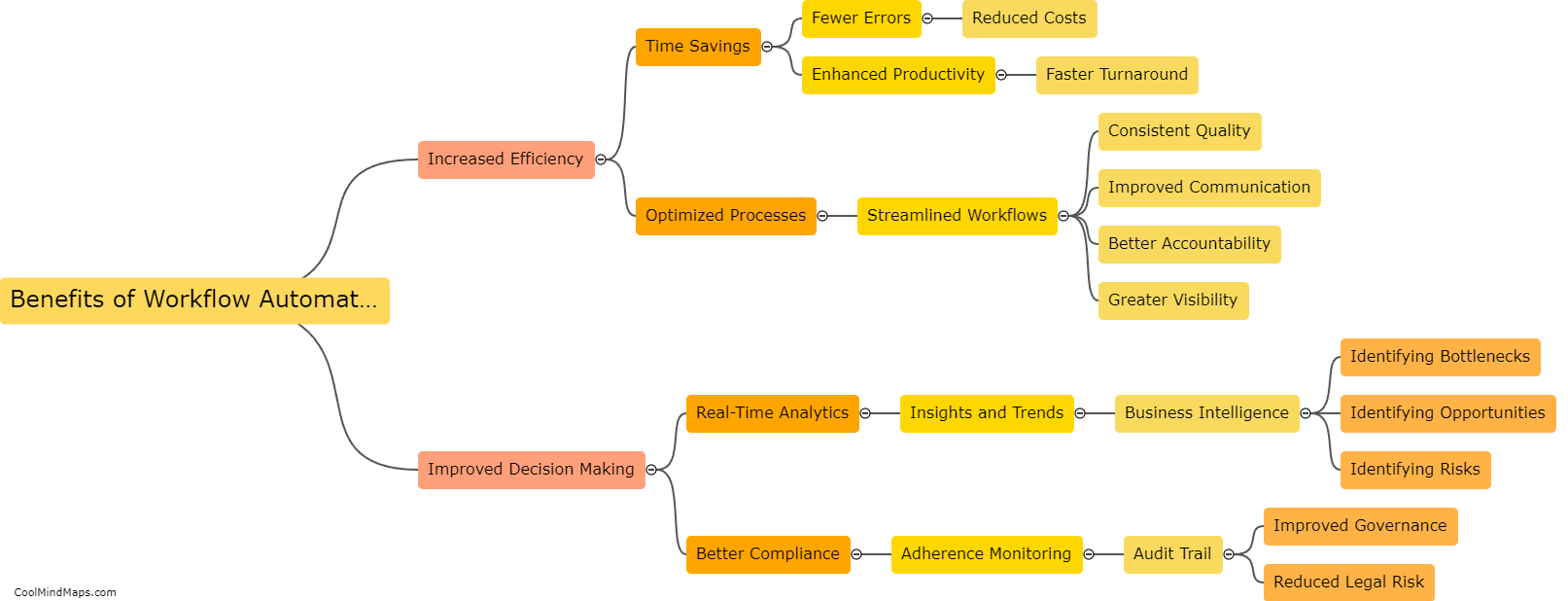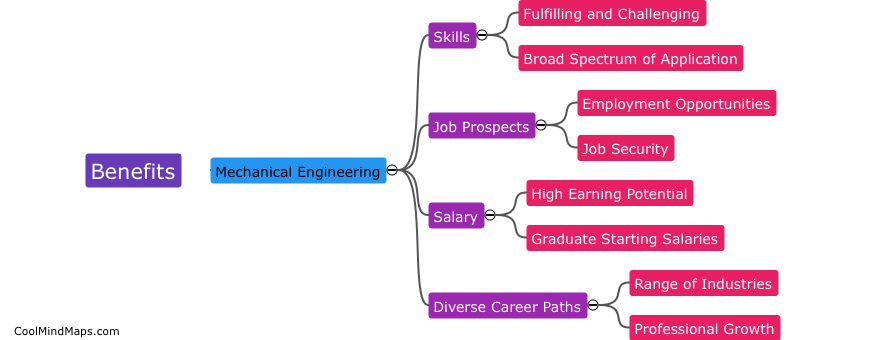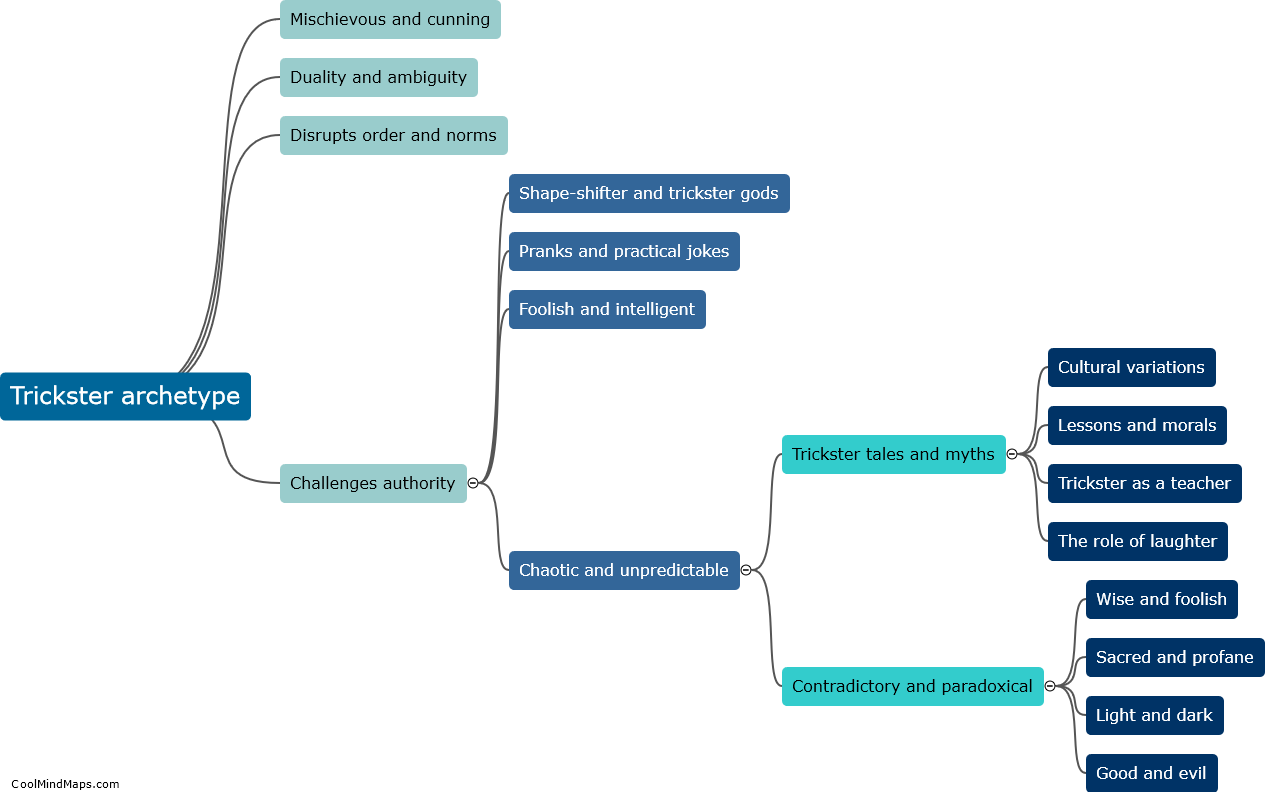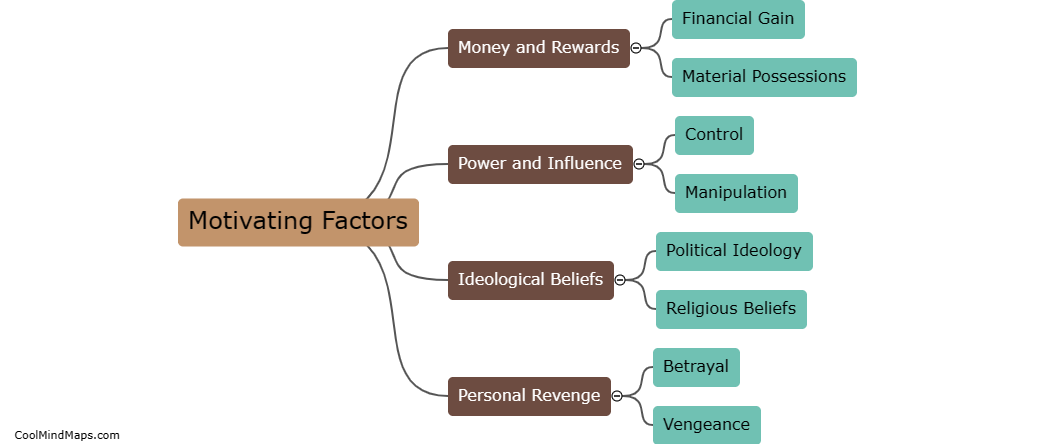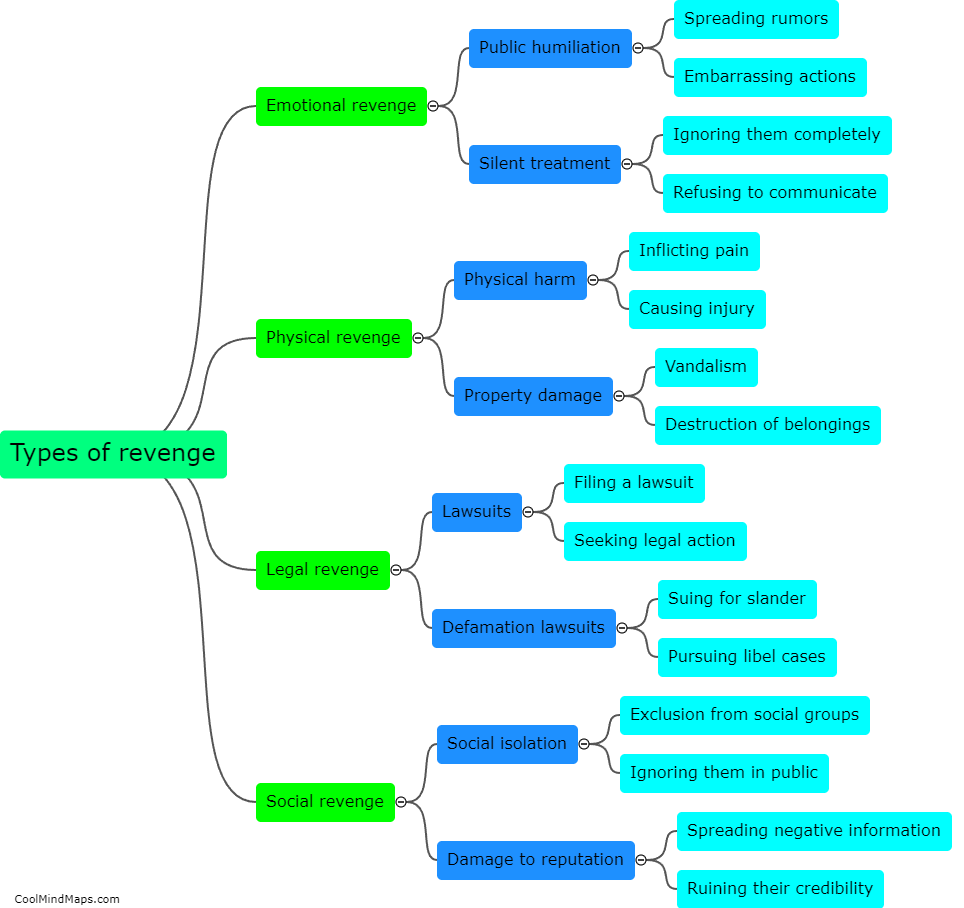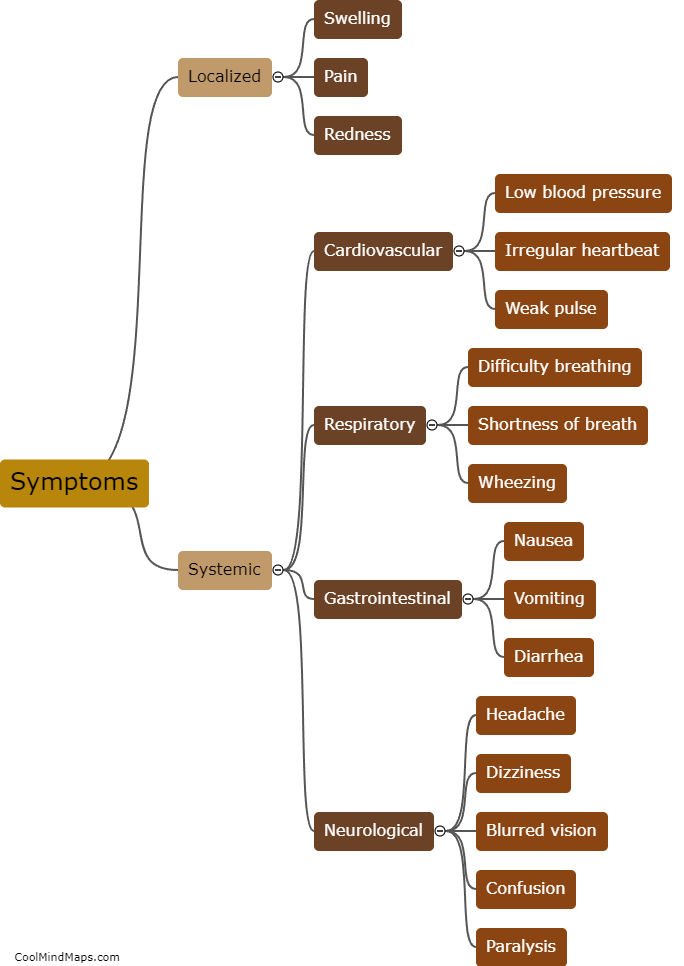Strategies for coping with the desire for revenge
The desire for revenge can arise from feelings of anger, betrayal, or injustice, but it often leads to negative consequences, further perpetuating a cycle of harm. To cope with such desires, it is crucial to adopt productive strategies. First, it is essential to acknowledge and process the emotions associated with the desire for revenge by venting to a trusted friend, writing in a journal, or seeking professional help if needed. Engaging in self-care activities like exercise, meditation, or hobbies can help divert negative energy and promote emotional balance. Practicing empathy and forgiveness, even in challenging situations, can foster personal growth and help break the cycle of vengeance. Additionally, focusing on personal goals and positive distractions can redirect attention away from revenge, allowing individuals to channel their energy towards more constructive endeavors. Ultimately, adopting these strategies can support mental well-being and lead to healthier, more fulfilling relationships.

This mind map was published on 12 December 2023 and has been viewed 99 times.
